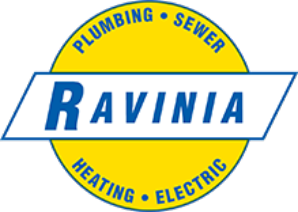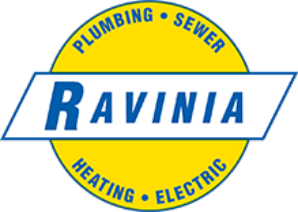
Did your pipes freeze and burst during the last bout of frigid weather, or anytime in the past? If so, you are not alone. Consider the following:
- You have smoke detectors in your home to warn you of a fire, but you are seven times more likely to have water damage.
- You have some type of security system, but you are six times more likely to have water damage.
Of course, there is a way to limit or even prevent water damage from leaky pipes, as well as minimize rising water costs from leaky faucets, fixtures, and toilets. That is with an automatic water shut off system. Simply put, these systems detect water leaks and shut off the water supply, limiting or preventing damage and higher water bills.
Features and Benefits of a Water Shut Off System
Not all water shut off systems are the same, but they all do reduce or prevent damage and reduce costs resulting from leaks. Their water leak sensors are all triggered when they sense leaks. Here are some other things to consider:
- Many systems are Wi-Fi enabled so you can monitor water flow, get notified of alerts in case the system is activated, and even manually shut off the water flow.
- Some systems monitor actual water usage, so you can tell if you are using more water than usual – a sign you may have a leak. These systems may have apps which will allow you to shut the water supply off yourself via your mobile phone or tablet.
- There may be insurance benefits, including:
- Paying some or all costs from damage incurred in the event there is water damage
- Lower insurance premiums via a rebate or discount
Types of Water Shut Off Systems
There are two types of water shut off systems:
- Moisture sensor systems use moisture sensors you scatter around your home in areas where leaks can occur, such as the kitchen, bathroom, washer, etc. If water or moisture make contact with them, the system will alert you and/or shut off the water. While these systems are less expensive, they are usually not recommended for the following reasons:
- You would need numerous sensors to effectively protect your home, and, since pipes can burst anywhere, there is no guarantee the system will detect it.
- They are prone to false positives due to humidity, etc. This can frustrate the owner who will then disable the system.
- You will need to maintain batteries in each of the sensors placed throughout your home.
- The preferred systems are whole house systems. These systems shut off your water based on continuous flow. This allows them to catch both damaging leaks such as burst pipes and less damaging leaks such as leaky toilets that will drive up your water bill.
Final Points
A few more things to consider:
- Ask for NSF 61-G certification to ensure the valve is compliant with lead-free requirements.
- Ensure your power adapter is UL listed and your device is FCC compliant if connecting it to the Internet.
- Better systems can cost thousands of dollars, so consider these systems as insurance against the thousands of dollars or more of damage incurred from leaky pipes. Reduced water bills and insurance benefits can partially offset those costs as well.
Contact Ravinia Plumbing, Sewer, Heating & Electric for Automatic Water Shut Off Systems
Ravinia Plumbing’s licensed plumbers can help you select and then install the right automatic water shut off system for your home. We’ve been in business since 1928 (95 years!), and we’ve made a name for ourselves as one of the most trusted and reliable plumbing, sewer and drain, heating and air conditioning, and electrical companies in Chicagoland. Contact Ravinia Plumbing today to schedule an appointment.




